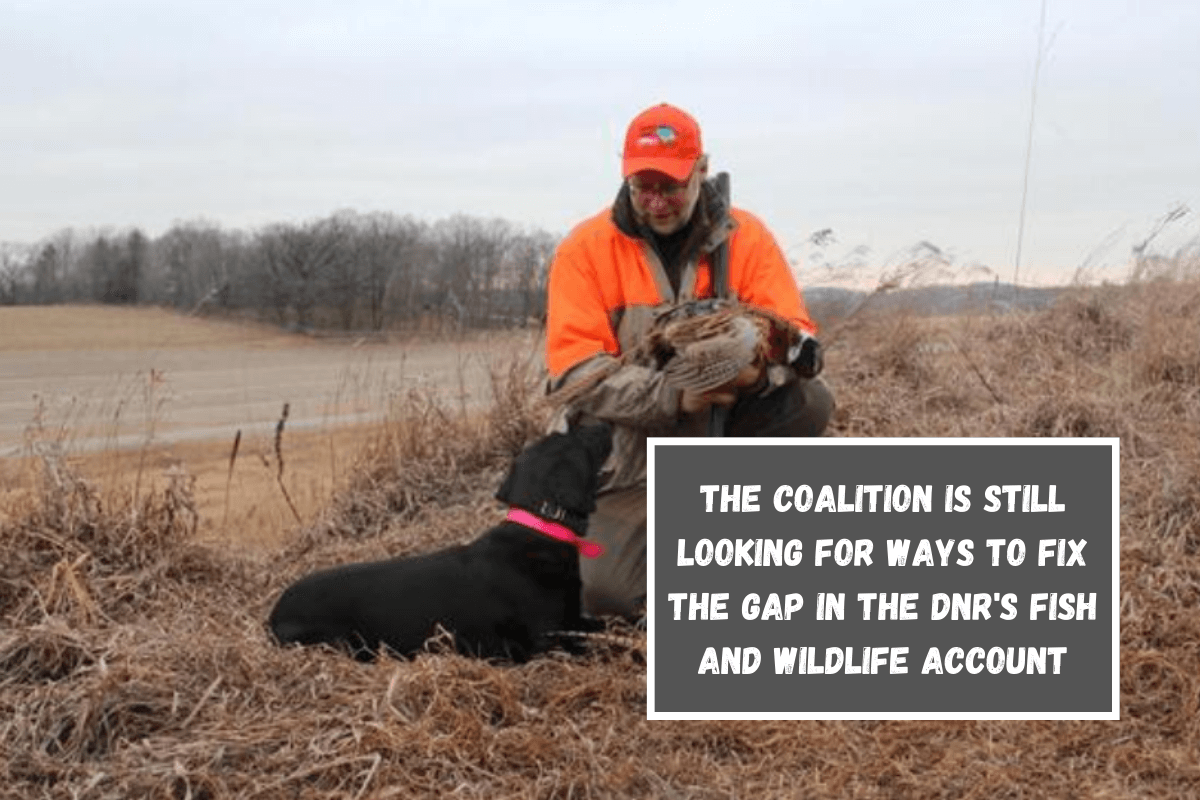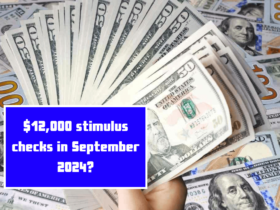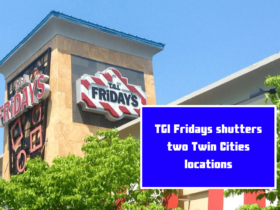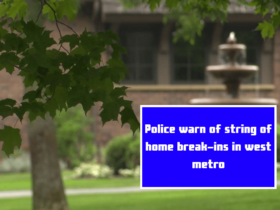A group of people and environmental groups from Wisconsin got together on September 12 to keep trying to find out more about the Department of Natural Resources’ money problems and fix them.
The group, which is run by the Wisconsin Wildlife Federation, wants to tell state lawmakers about a fix or fixes.
The structural imbalance in the DNR’s Fish and Wildlife Account is what’s at stake. The government thinks the account will have a loss of $15.5 million in fiscal year 2026.
Maggie Hutter from the DNR’s Office of Management and Budget gave a talk to the group. Eric Lobner, the DNR’s wildlife director, and Matt O’Brien, the deputy chief warden for the DNR, also spoke about how budget cuts have affected their work in recent years.
Hutter said that the Fish and Wildlife Account is where most of the money for the DNR’s law enforcement, management of fishing, and management of wildlife comes from.
In these areas, people work on habitat projects, surveys and data gathering for fish and wildlife, running fish hatcheries and the state game farm, and patrolling and investigating by wardens. License fees for fishing and shooting bring in most of the money for the account.
The account could spend $74.6 million this year, with law enforcement getting the most (27%), fishing coming in second (25%), and wildlife coming in third (18%). The last 30% was split into seven other groups, with internal services and management getting 13% of the total.
There was money in the account (3.8 million) at the end of fiscal year 2023. Hutter said that the most up-to-date numbers for 2024 are still being worked out.
If not for a $25 million move from the DNR’s Forestry Account in 2023–24, the account would have already been short of money.
A drop in license sales, mostly hunting licenses, and the Legislature’s failure to raise license fees are to blame for the structural deficit. Since 2005, Wisconsin’s fishing and shooting license fees have not gone up for the most part.
“The biggest factor is over the last 19 years we haven’t had many fee increases,” said Hutter. “And when you take inflation into account, we aren’t taking in the same amount of money we were years ago.”
DNR numbers show that inflation has gone up 59% since 2005. That changes almost everything the agency does, from how much tools costs to how much animal food costs.
He also said that the DNR loses about $17 million a year because the Legislature requires license cuts, exemptions, or waivers.
The problems with getting money have made it harder to keep people in jobs in fishing, wildlife, and law enforcement. Lobner said that the DNR gives $10 less an hour for some wildlife jobs than natural resources departments in states that are close by.
The Legislature just recently gave the go-ahead for an audit of the DNR’s Fish and Wildlife Account, which was the background for the meeting on September 12. The joint audit committee, which is run by Republicans, voted 5-4 in favor of the report.
“These funds come from license fees and taxes on sporting goods and are meant to be used on projects that help fishing and hunting all over the state,” said Sen. Eric Wimberger (R-Green Bay), co-chair of the audit committee. “We need a closer look at DNR’s handling of these funds.”
But none of the people in the coalition trying to find a way to fix the DNR’s money problems said they thought the report was necessary. About every five years, the U.S. Fish and Wildlife Service checks the DNR’s use of government funds from the Pittman-Roberston and Dingell-Johnson funds for wildlife and sport fish restoration, respectively.
The DNR seemed fine with the extra report that the Legislature’s committee asked for, even though it will make their work load heavier. “We always look forward to having more information on how we’re doing with our money,” he said.
The coalition plans to get together again in a few weeks to start talking about possible ways to meet the DNR’s budget needs.
The meeting on September 12 was attended by the Wisconsin Wildlife Federation, as well as Backcountry Hunters and Anglers, Gathering Waters, Muskies Inc., the National Wild Turkey Federation, the Outdoor Heritage Education Center, Pheasants Forever, Trout Unlimited, Wisconsin’s Green Fire, the Wisconsin Society for Ornithology, the Wisconsin Trappers Association, and the Wisconsin Waterfowl Association.











Leave a Reply